Daily Inspiration
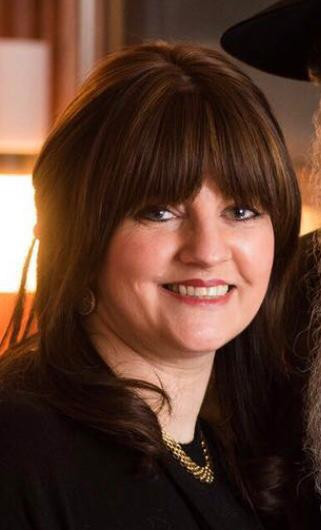
Has This Ever Happened to You?
A word from the desk of Leah Namdar, Gothenburg, Sweden
Has This Ever Happened to You?
You read a story of a Tzaddik – perhaps a tale of the Arizal or the Baal Shem Tov, where it is revealed to someone who they were in a past lifetime and what task they must accomplish in this world. And then you wonder…wouldn’t it be incredible if a great Tzaddik could share with me what my neshama came into this world to accomplish? Who was I in my past life? What remains unfinished that we may have been sent back to do? If only we knew...
The incredible news is, we do know!
The Rebbe teaches us in the name of the Arizal: “the generation of the future redemption is a Gilgul (reincarnation) of the souls who went out of Egypt”.
The Rebbe continues: According to this, the righteous women of our generation – in whose merit we will be redeemed – are the very same righteous women in whose merit we left Mitzrayim.
What was it about those women? What did they do?
The special merit of those righteous women was that even before leaving Egypt, their faith in the redemption was so strong and they were so confident that Hashem would perform miracles for them, they left Egypt fully equipped with musical instruments – tambourines – ready to thank Hashem!
These women succeeded in a partial Geula - leaving Mitzrayim. But their generation didn’t all merit to enter Eretz Yisroel. And the Geula, therefore, was not permanent.
We have to finish the job - to bring Moshiach here and now. As we gather together in unity at this special time, let’s remember the power of the women of this generation.
Let’s make history! Through this demonstration of achdus (unity) and expression of simcha (joy), we can and will make it happen this time around!
Sources:
1.
כתבי האריז״ל
שער הגלגולים, הקדמה כ׳
לקו״ת וספר הליקוטים שמות ג׳ ד׳
2.
קונטרס כ״ב שבט
Page 32

You Don’t Have to it Alone
A word from the desk of Estee Schneerson, Crown Heights, Brooklyn, NY
Bitachon is faith and trust in G-d, along with a powerful sense of optimism – which serves to diminish and even eliminate one’s fears and worries. Bitachon is so potent a force, that when a person expresses true Bitachon, nothing negative can occur.
When seemingly negative things emerge, they are nothing more than Divinely choreographed scenarios, where one’s Bitachon is challenged and weakened, making it hard to see any room or reason for hope.
It is precisely at these times we are called upon to awaken our Bitachon, however challenging that task may be.
The Baal Shem Tov taught that we do not have to do it alone. We can and should pray to G-d that our faith be strengthened, to give us Bitachon. Then, G-d will indeed restore our faith, and bestow upon us blessings of revealed goodness.. expeditiously!!!
A story is told of Reb Michoel Der Alter, a Chossid of the Tzemach Tzedek. His daughter became terminally ill. Reb Michoel immediately went to his Rebbe seeking a blessing. Rather than blessing him, the Rebbe said “Tracht Gut Vet Zein Gut”, “Think good and it will be good” Reb Michoel went home full of confidence, despite there being no rational reason for it, and indeed his daughter recovered.
Instead of performing a miracle for the Chosid, the Rebbe taught the Chosid how to perform his own miracle.
It is written that all that comes from G-d is good, though sometimes this good is hidden, it constitutes the underlying reality of all things. “Tracht gut vet zein gut” is not a strategy to manipulate reality; rather, a means by which the deeper reality of true good will surface.
Sources: Kesser Shem Tov pg. 65- the mokor is from Toldos Yakov Yosef- Parshas Mishpotim Bishem haBesh
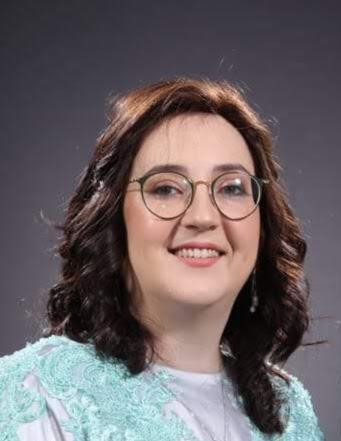
The Message of Miriam’s Well
A word from the desk of Estie Wilhelm, Zhitomer, Ukraine
When the Children of Israel sojourned in the desert, they were provided with heavenly food, mann, in the merit of Moshe Rabbeinu; they were protected by clouds of glory in the merit of Aharon Ha’Kohen; and they drank from a miraculous well of water that accompanied them in the merit of Miriam ha’Niviah.
Our sages consider why was the well of water specifically connected to the merit of a woman?
In his commentary regarding the biological function of water, the Rambam writes that although water is not a food, it enables the body to absorb nutrients from food and facilitates their distribution to all the limbs and organs.
The Lubavitcher Rebbe explains that similarly Jewish women have the special ability to disseminate the spiritual nutrients of Torah and Mitzvos such that they can be absorbed by every member of the unified
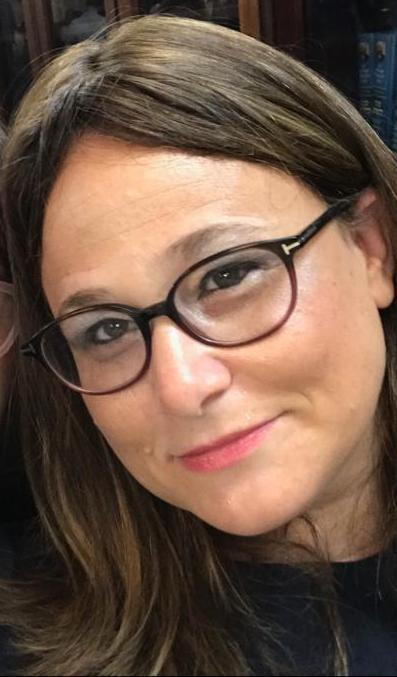
Tisha Ba’av – The Lesson of the Keruvim
A word from the desk of Chaya Chitrik, Istanbul, Turkey
As the Romans destroyed our Holy Temple, they burst into the Holy of Holies and removed the Aron Ha’Kodesh – the Golden Ark containing the remnants of the Luchos Ha’Bris, the tablets with which Moses descended from Sinai . On top of the ark were the Keruvim - carved out golden figures of winged children, both male and female, which were evocative of our relationship with G-d. When our conduct was righteous and praiseworthy, the bride (representative of the Jewish people), would be facing our “groom” (symbolic of the Al-Mighty). However, when our thoughts and actions were not as they should be, the Keruvim would face away from each other, signifying that bride and groom were at odds… with G-d conveying displeasure with us.
Curiously, when the Romans sought to mock us and parade about with the holiest of our possessions in the streets, the Keruvim were facing each other! During a terribly trying time for us as a people when we were clearly being punished for our transgressions and Hashem appeared none too pleased with us, His bride, the Keruvim were projecting a time of marital bliss!
From this we learn one of the most powerful lessons about marriage. At times, a marriage may appear to be under stress, even to the point of crumbling or disintegrating altogether. But behind closed doors, where things really matter, the marriage is still very much alive and strong. So while our enemies may have sought to destroy us, and in a time when it may seem that G-d is displeased with or even rejecting His bride, Hashem reminds us that these perceptions are limited to an external reality. Our bond with one another, our connection to our “Groom”, the Creator of the Universe, can never be broken. We will forever be face-to-face.
May we merit to be united with Hashem in an open and revealed way with the coming of Moshiach, speedily in our days!
Based on a sicha of the Rebbe: לקותי שיחות, חלק ב' פרשת ואתחנן
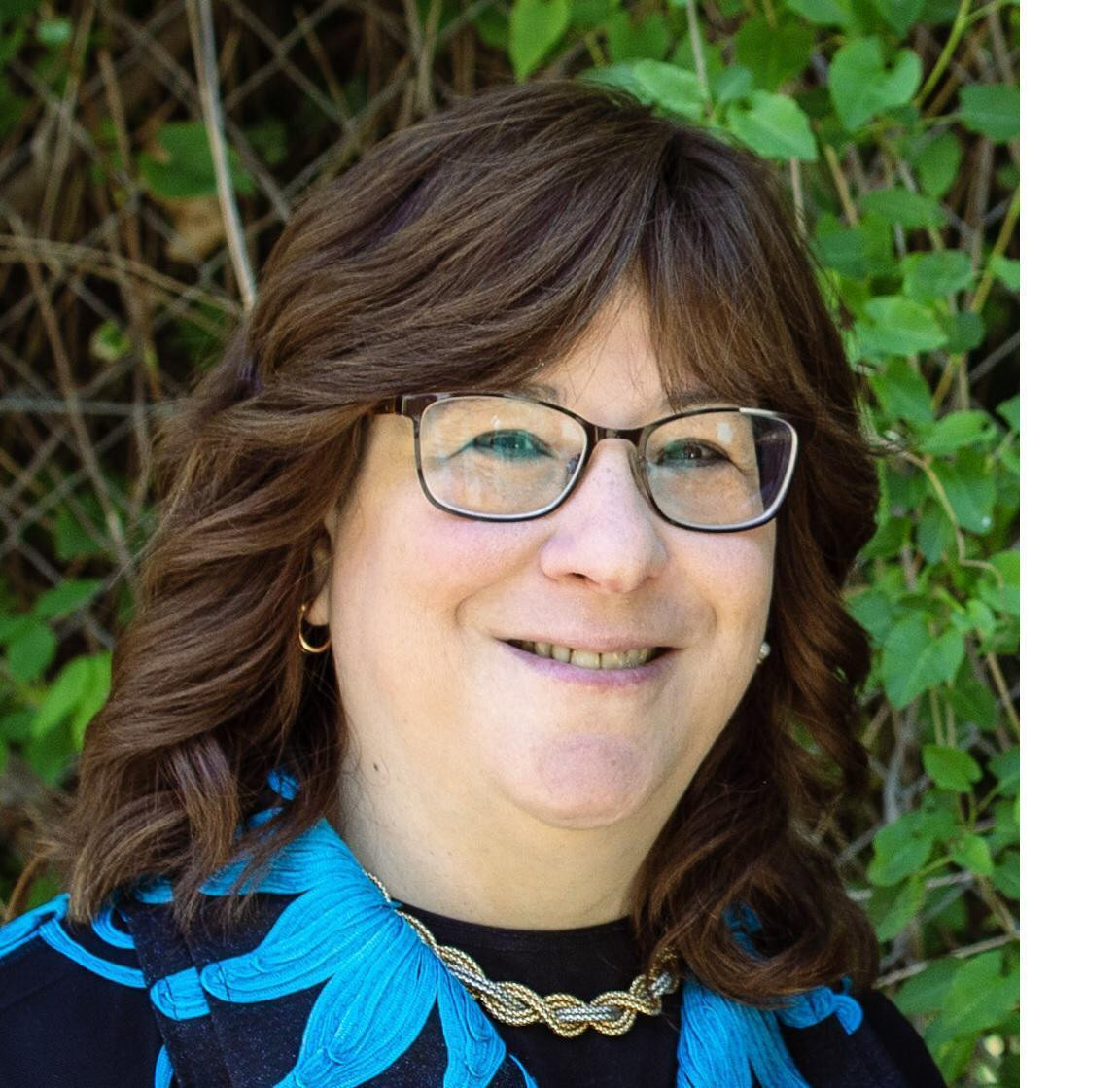
Uniting the Material and Spiritual
A word from the desk of Chanie Diskin, Munich Germany
The mitzvah of Challah was given to woman because it is a tikun (correction) for the חטא עץ הדעת (the sin of eating from the forbidden fruit).That fateful transgression triggered a separation between kedusha (that which is holy) and gashmius (the mundane world), while the mitzvah of Challah represents the antidote – the elevation of gashmius (the physical world) to ruchnius (spiritual).
Halacha dictates that we may only separate Challah from a kneaded dough – once the flour and water are joined together. Curiously, however, it is not yet baked and therefore not really edible! Would it not be more logical to perform the mitzvah following the completion of the baking process?
Flour is composed of separate particles, thus symbolizing materialism which “itself” feels as an independent entity from Hashem. The water symbolizes Torah (אין מים אלא תורה). The union of flour and water symbolizes the penetration of Torah into worldly affairs, until they cease to be separate entities and become one Divine entity. The role of the Jew is to instill אלקות (Godliness) into every aspect of our lives – which is learned from the halacha that we may only take Challah from an already kneaded dough and not when the ingredients are separate entities.
Source: Toras Menachem, Perek 23, pg. 83.
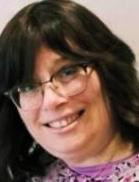
Simcha is Always Welcome
A word from the Desk of Dina Gourarie, Sydney, Australia
The Gemora (Taanis 22a), relates that R’ Beroka met Eliyahu Ha’Navi in the market place and asked him if there were any people there destined for Olam Habah (the world to come). Eliyahu identified two individuals. Intrigued, R’ Beroka approached and asked them what were their occupations?
They replied: “We are comedians who bring joy to those who are depressed.”
The Rebbe (see Shaar Simcha Ubitochon B’Hashem pg 81 onwards), points out that although the primary source of Simcha is Torah and Mitzvahs, nevertheless, often it can be derived from simple mundane experiences. This is an important concept because it allows even those who are simple and involved in the mundane to both give and receive joy.
The above story emphasises the power of this idea. It takes place in the ‘market place’ - a place of mundane activity away from the halls of Torah and Tefila. Yet a little comedy bringing happiness to the downtrodden guaranteed two people (long before their time was up) a place in Olam Habah.
As often quoted by the Rebbe, even in the month of Av a strategy to decrease any form of negativity is through (permissible) Simcha. Use the power of joy and bring blessing to you and others.
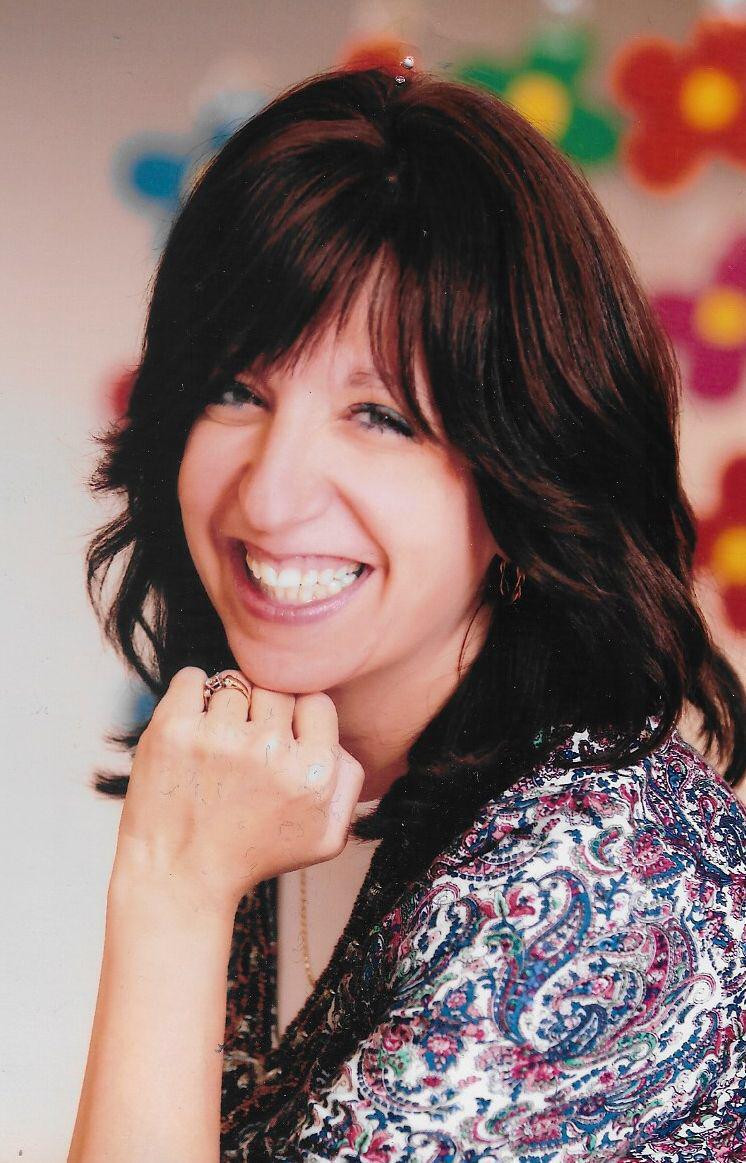
I Said NO Because I love you!
A word from the desk of Mrs.Chanie Myers, Bratislava, Slovakia
The name of the month of Av teaches a profound lesson regarding the essence of Av and our relationship with G-d during this time. As a rule, all Jewish months have names which are related to the spiritual life-force of that specific month. Two examples are: the month in which Rosh Hashanah falls, Tishrei, which comes from the Aramaic word
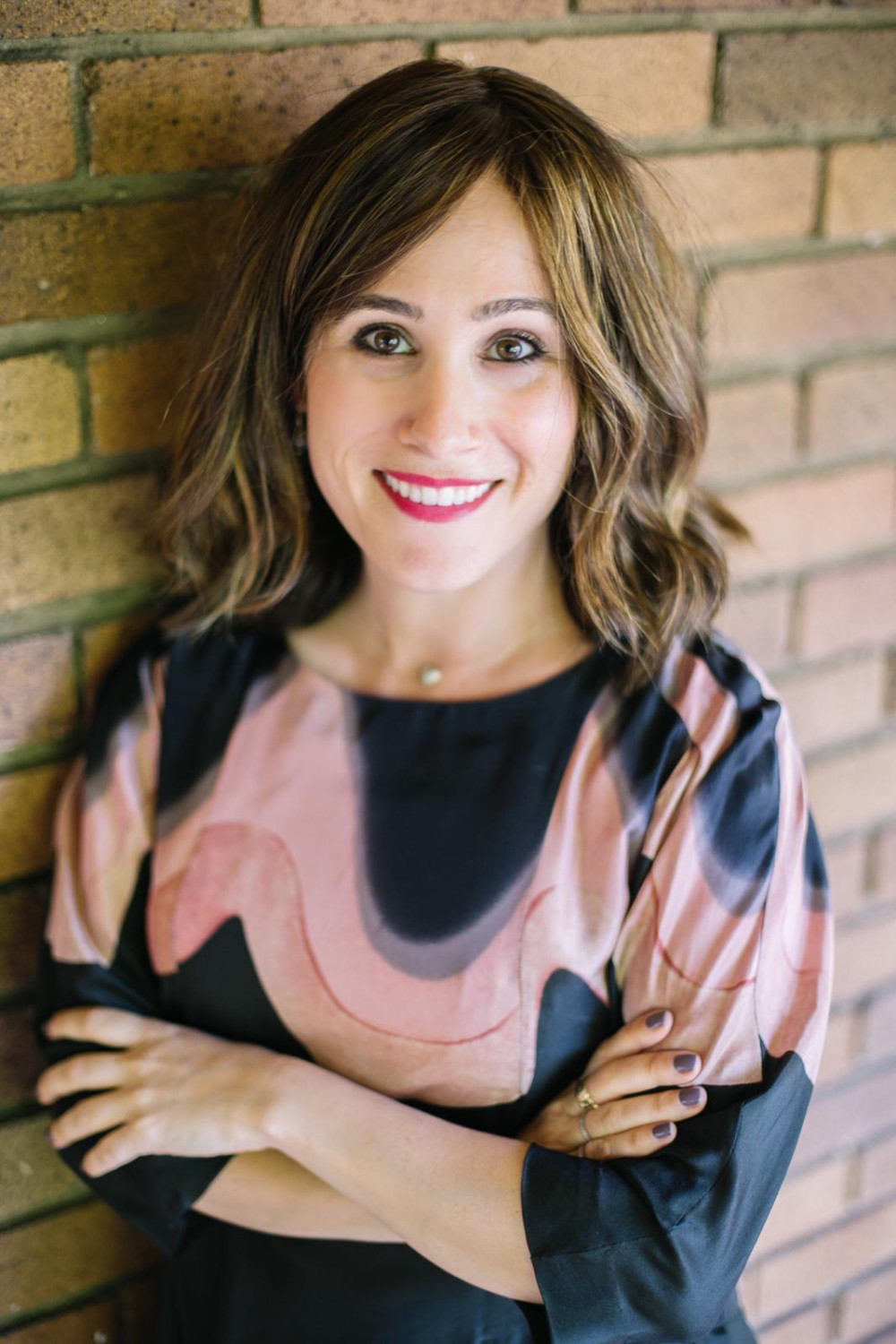
A Take Away From the Challah
A word from the desk of Mrs. Dena Schusterman, Atlanta, Georgia
It’s sinful to speak ill of others.
We are even reproached from judging others—-until we stand in their shoes.
I.E. never.
Yet, it’s natural to judge.
So we are back to square one of thinking unhelpful thoughts, which can lead to speaking badly. What is a woman (man,or child too) to do?
Learn from the candles, learn from the challah, learn from Shabbos.
Before Shabbos we separate the bread. Creating divine challot.
As we welcome Shabbos we light the candles. We bring light into our dark homes.
As Shabbos leaves we light the torch of Havdalah.Its name is separation.
What are all these actions telling us?
They tell us about discernment.
Instead of judgment,
Separate yourself like the piece of challah you took.
Say to yourself, “That action is not for me.” Notice you can be different.
Use distinctions and leave the judgment behind.
Instead of judgment,
Illuminate like the light of the Shabbos candles.
Say to yourself, “I need more information to understand what’s going on.” Leave the feeling of bumping around in the dark behind.
Instead of judgment,
Use the shadows and warmth of the Havdalah torch to create boundaries.
Say to yourself, “I am me, you are you. We are different, we don’t need to be the same. “
The separation and diversity is what enriches us.
Through this process I take more time to notice what is unusual or not a fit for me. I feel safe, instead of anxious about another and her ways. I think I am able to judge less and wish well instead.
Source: RCS JLI Pause and Affect, A Shabbat Outlook

Challah- A Powerful Reminder of the Divine
From the Desk of Mrs. Golda Junik, London, England
The Torah instructs us to ‘donate’ “Challah.” (Bamidbar (Numbers) 15:18-21). The Biblical Mitzvah determines that a professional baker separates one out of forty-eight parts, while a lay baker (at home or elsewhere) separates one out of twenty-four parts. [1] The simple reason the professional baker separates less dough is because he is baking to earn a livelihood. [2]A private homemaker, who usually kneads a smaller quantity, needs to make the gift a suitable one.
[3] On a deeper level, the observance of this commandment possesses a powerful reminder of the Provider of all food. Preparing food is a routine activity and we often lose focus on the miracle of food’s availability. A professional baker, who is reliant upon a fruitful planting season, has more opportunity to be reminded of the Divine Source of the food. He normally monitors the developments of the process, and thereby witnesses Heavenly providence throughout the progression of the flour manufacturing. A lay person usually focuses only on the final product. He must give away a greater percentage, to have a greater awareness of the Heavenly Supplier. Ample opportunities are available to focus on the routine of life. By connecting the seemingly routine and mundane experiences to the Master of the Universe, one realizes how fortunate every healthy and successful person really is.
May we always see the Hand of Hashem in our daily interactions, and be blessed with healthy Shidduchim, wealth and joy, and Nachas in great abundance. May we always have the faith and trust that Hashem will send one’s Bashert with open and revealed
Sources: 1. Ateres Zahav 2. Rambam 3. Lubavitcher Rebbe, Biurim Leperush Rashi Bamidbor, Likutei Sichos volume 18:5
- 1